Ayodhya, June 5, 2024 — The construction of the Grand Ram Temple in Ayodhya, a key electoral promise of the Bharatiya Janata Party (BJP) since the 1980s, was a major talking point in this year's Lok Sabha elections. Supporters claimed the temple would be pivotal in securing a third consecutive term for the BJP. Prime Minister Narendra Modi inaugurated the temple a few months before the election, aiming to appease Hindu voters. However, this strategy did not work as anticipated. The BJP faced a significant defeat in the Ayodhya seat.
The Lok Sabha election results announced on Tuesday confirmed that Modi will form the government for a third term, relying on the BJP's electoral alliance, the National Democratic Alliance (NDA). Yet, the unexpected rise of the opposition coalition meant the BJP lost its single-party majority in Parliament for the first time in a decade.
Political analysts suggest that Modi's emphasis on religious issues did not resonate with voters, who were more concerned about rising inflation and unemployment. "We are very happy with the temple, but people are upset with the BJP," Rakesh Yadav, chairperson of Ayodhya Vipar Mandal, a local businessmen's association, told Reuters.
Yadav explained that many long-standing shops were demolished during the development of Ayodhya ahead of the temple's inauguration, causing significant discontent among small business owners who received less compensation than expected. "You cannot always drag people into caste and temple-mosque politics. They also want to see development. And that is why such a surprising result in the election,” he said.
Despite the BJP's efforts to leverage the religious significance of the Ram Temple, voters prioritized economic issues, leading to unexpected election outcomes. The results indicate a shift in voter priorities, challenging the BJP's strategy and highlighting the importance of addressing economic concerns in future campaigns.



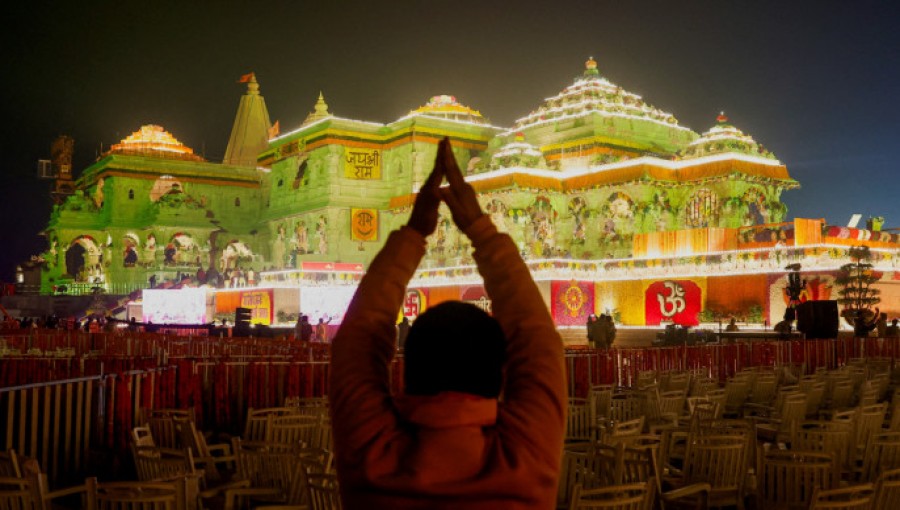

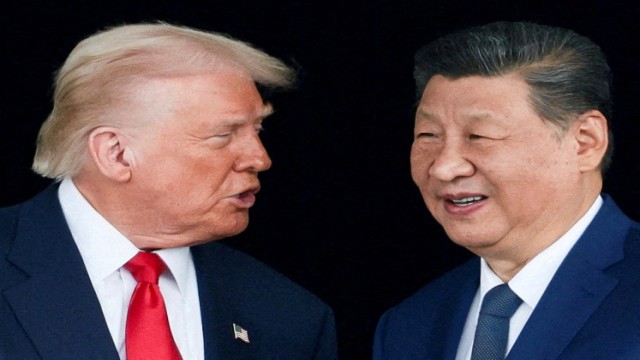
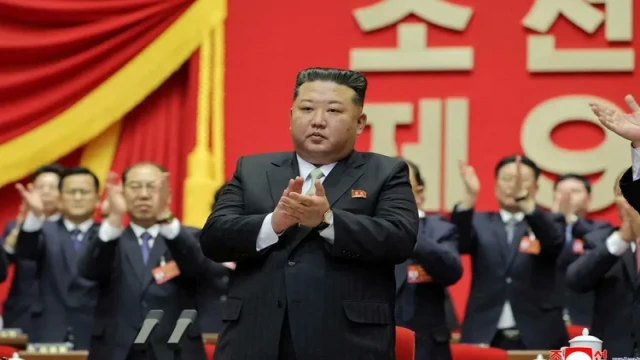
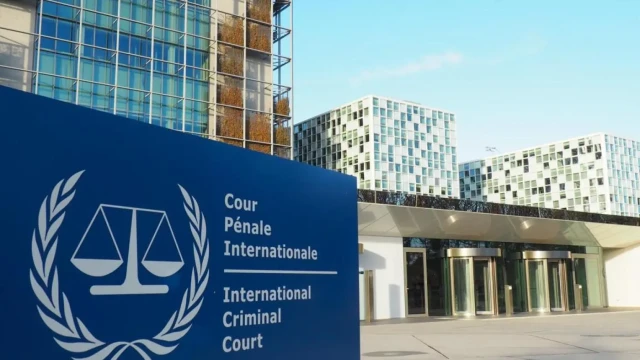
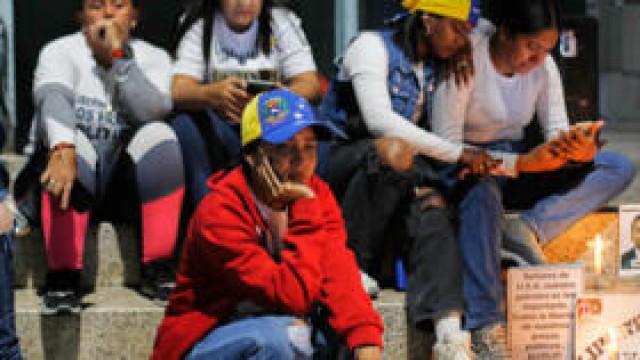
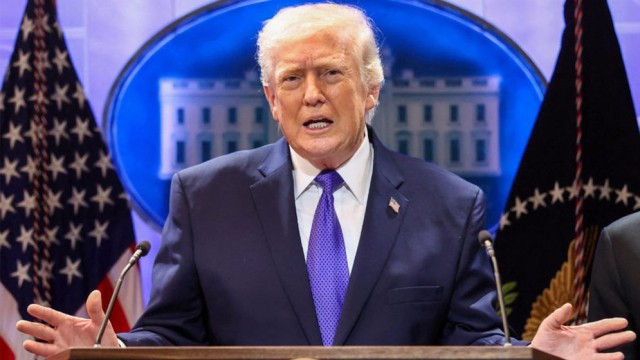
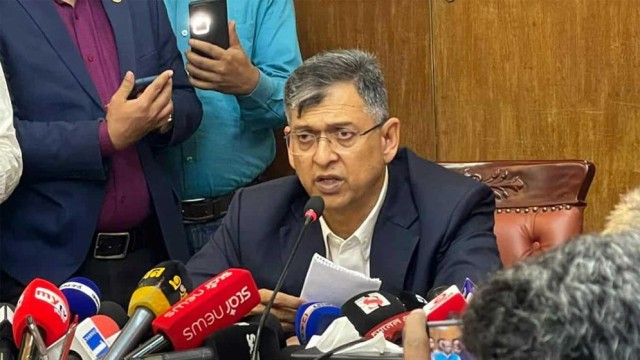
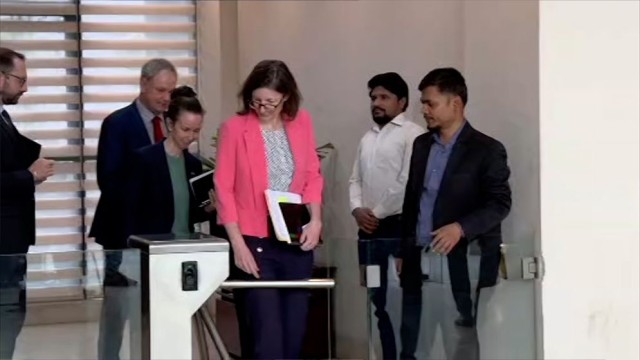
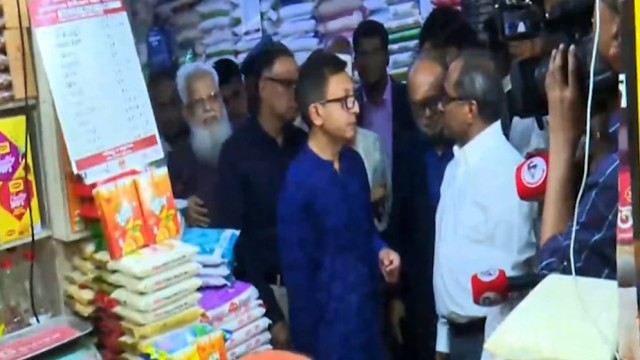
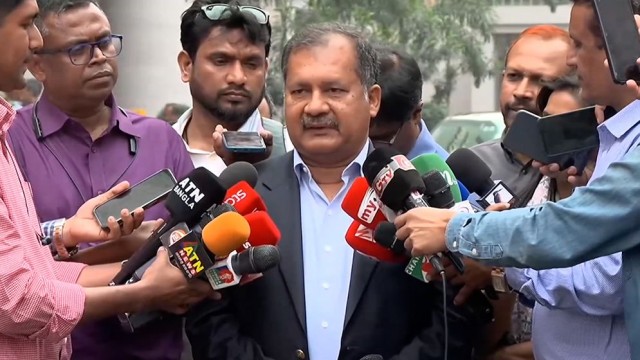

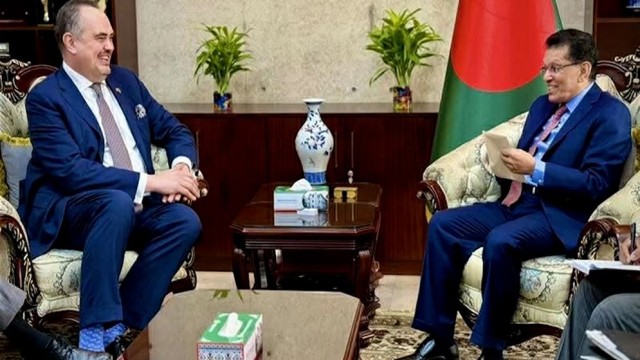
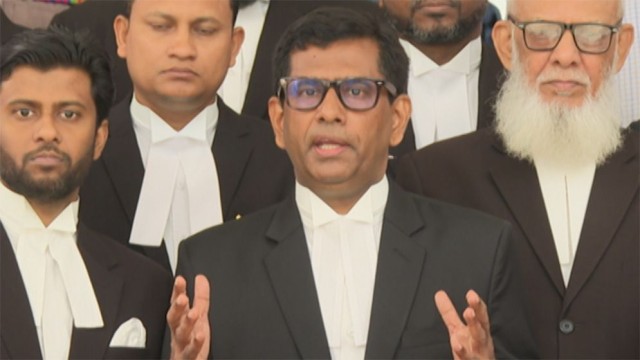
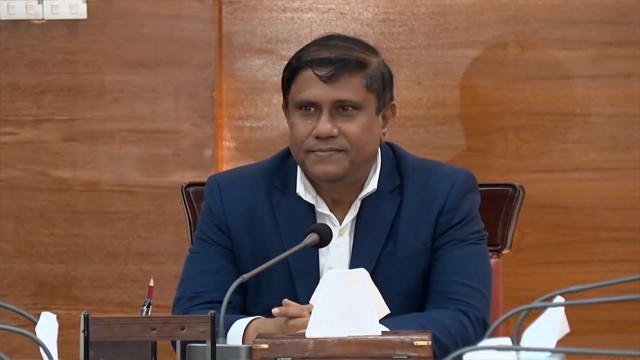












Comment: